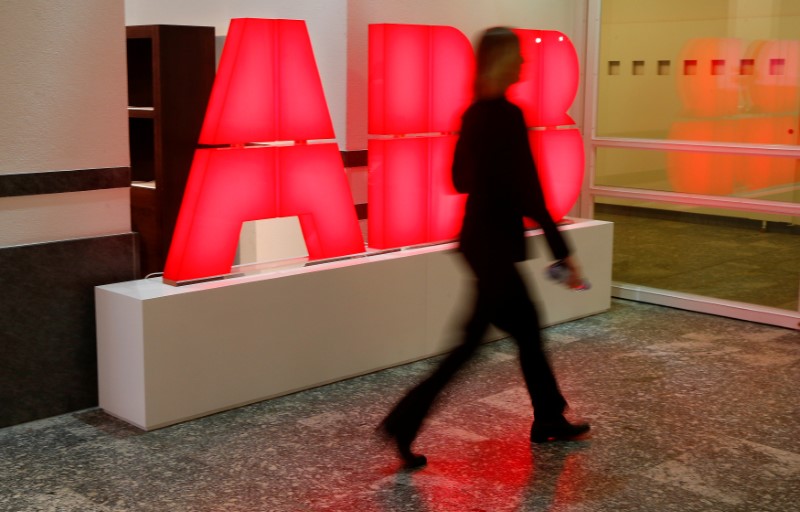Treasury Secretary Bessent announces tariff relief on coffee, fruits
Investing.com -- Morgan Stanley (NYSE:MS) analysts, in a note dated Monday, indicate that the European Capital Goods sector is currently priced for a mild recession, with expectations of 15-20% consensus EPS downgrades already factored into valuations.
While the speed of share price declines has been rapid, the analysts note that the magnitude of these declines aligns with historical trends during mild recessions.
The sector’s price-to-earnings (PE) ratio has de-rated by 20% since February 2025, which is less severe than the de-rating observed during the COVID-19 pandemic and the 2012 European debt crisis.
Within this context, Morgan Stanley expresses a preference for companies with specific characteristics.
They favor companies demonstrating "quality," significant European exposure, or those operating in defensive markets. Companies such as Legrand (EPA:LEGD), Rotork (LON:ROR), ENR, Siemens (ETR:SIEGn), Weir, and GEA are highlighted as preferred stocks.
Conversely, the analysts advise caution on certain capital expenditure-related names, particularly ahead of the Q1 2025 results. They recommend avoiding stocks like Alfa Laval, WRT, ABB (ST:ABB), and Atlas (NYSE:ATCO) Copco in the near term.
The analysts also delve into the valuation of key companies. Morgan Stanley’s analysis suggests that Siemens’s current valuation implies almost no recovery in sales and EBIT in 2026.
Schneider is assessed to be priced for zero growth and a margin decline in 2026. For ABB, the stock’s valuation is seen as reflecting expectations of a 2.4% organic growth decline in 2026 and a 17% EBITA margin.
The analysts also raise a question about the sustainability of ABB’s EBITA margins, which are currently significantly above historical levels.
Additionally, Morgan Stanley cautions about the potential impact of a more severe recession, possibly triggered by tariffs.
In such a scenario, the share prices of large-cap electrical companies, including Siemens, ABB, and Schneider, could face a further 16-22% downside.
